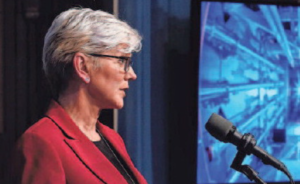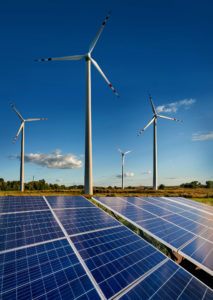I still remember when I was asked to talk about renewables back when they were first being considered in the energy source portfolio. I warned about bird strikes with wind and the challenges of backing up both wind and solar. Back then batteries were much more costly.
One of the topics I raised was the curious inclusion of wood waste as a renewable source for power. I understood the idea of scraps off the forest floors, but what was emerging was the largescale destruction of trees with the idea that burning them was less harmful than letting them rot on the forest floor for decades. My wife Susan and I had observed the burning of fields for the same reason in New Zealand. The idea was burning the brush was better than letting it produce methane since methane does have a large global warming potential compared to carbon dioxide.
However, as I said back then, burning wood in seconds releases an enormous amount of carbon dioxide plus huge amounts of other pollutants. Anyone who travels in the northeast will note the lovely smell of wood being burnt in the communities. Yes, it does smell good, but that is not good for the environment.
As the article below shows, Australia has put an end to this and Europe may be following quickly once they get past this winter. The war in Ukraine of course tempers purist perspectives.
Read the Mongabay article here.
But, does anyone in the US realize how big the biomass industry is? Once again, watch the movie Planet of the Humans to get the inside scoop here.
Worse yet, we are all paying subsidies to produce this devastation.
We need a full scale review of all of these ideas which include corn based ethanol as gasoline additives, biofuels of all types, as well as the full cradle to grave footprints of solar cells and EV batteries.
If you think the EVs are good for the environment, read this New York Times article.
So, is it now obvious we are on the wrong track?



 I can’t remember the professor who suggested this to me, but I think it is pretty profound. When it comes to things that you believe are real, it is always a good guideline to think that must be real if it already exists. So, now that we have been told by our governmental researchers, they can produce fusion (the same energy source as the sun), perhaps we shouldn’t be celebrating just yet.
I can’t remember the professor who suggested this to me, but I think it is pretty profound. When it comes to things that you believe are real, it is always a good guideline to think that must be real if it already exists. So, now that we have been told by our governmental researchers, they can produce fusion (the same energy source as the sun), perhaps we shouldn’t be celebrating just yet.
 diminish. This means that the wind farms will produce less and less power … and of course all of this while the needs for electricity will continue to increase. See for yourself:
diminish. This means that the wind farms will produce less and less power … and of course all of this while the needs for electricity will continue to increase. See for yourself: 